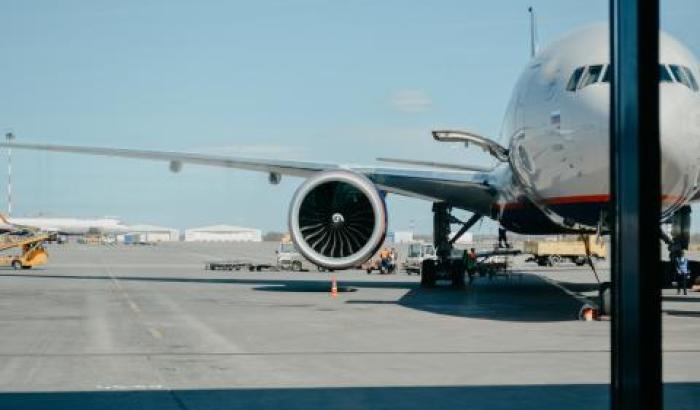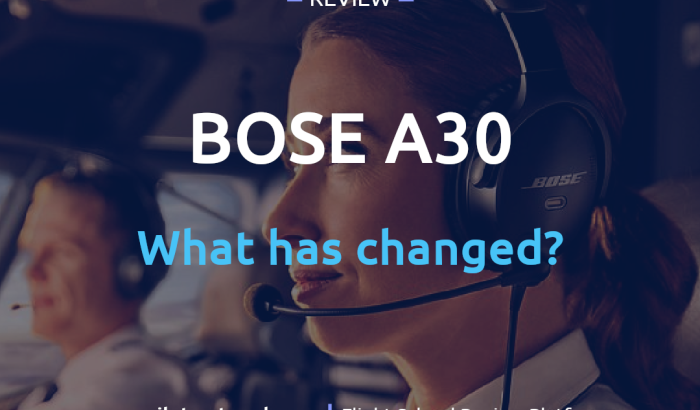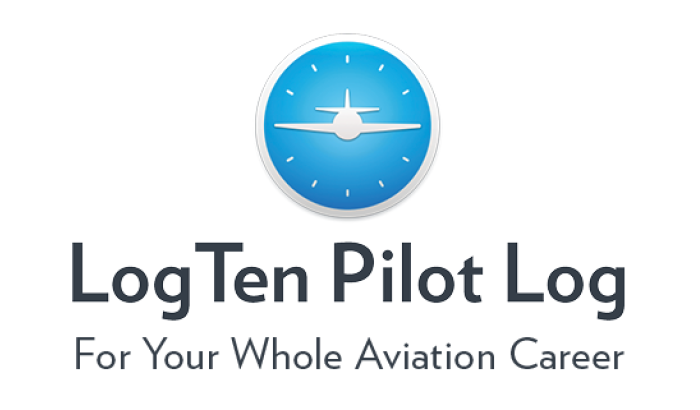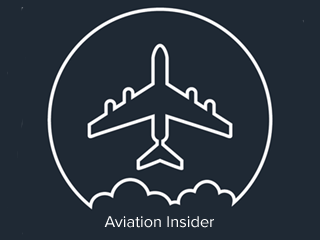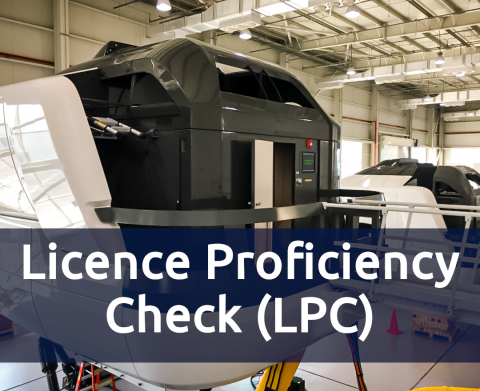
The onset of Covid19, and the implications from it such as national lockdowns and the closing of borders, has most apparently had an effect on the aviation industry. Many pilots worldwide and within Europe have lost their job, either due to airlines cutting back their numbers or airlines simply failing due to passenger loads being near non existent on normally popular routes. This has meant that many pilots are looking forward to the days when airlines start employing again and passengers start travelling freely like they once did. In the meantime many pilots will want to keep their license current on the last aircraft they were operating. For this to happen pilots must undertake a Licence Proficiency Check [LPC].
The LPC is a form of annual recurrent training which takes in ground training and full flight simulator elements. During this training the pilot is expected to demonstrate adherence to Stand Operation Procedures [SOPS], Crew Resource Management [CRM], situation awareness and Threat Error Management skills. The LPC will also cover abnormal and emergency situations which will require the crew to work together in order to safely operate the aircraft.
Our database allows you to filter by aircraft, location and even provider to find an LPC that suits your needs. In addition to this Pilot Network has spoken to two individuals for their opinions and advice on Licence Proficiency Checks (LPCs) to help guide you.
Jamie Richie-Butler (Director - AirlinePrep) and Andy Morley (Training Captain - Major UK Airline)
To see our full database of LPCs available in Europe click here.
Jamie Richie-Butler from our partners at AirlinePrep said:
As an unemployed pilot, keeping your licence current or revalidated can be a daunting and expensive prospect, especially if you haven’t flown for a long time or if your finances are under pressure. However, if you plan to continue with a career in aviation then revalidating your licence each year with a valid LPC has many benefits.
Keeping revalidated is a positive influencing factor; you’ll feel like you have achieved a goal and that you are still able to offer airlines the skills and attributes they require when recruitment eventually begins.
Revalidation also looks great on your CV, since most applications request a current licence at the point of application! You may also have to upload your relevant licences in the airline’s application portal and if your licence isn’t current, a recruiter will pick up on this, possibly not taking your application any further. If you apply without a current licence and are called forward for assessment at short notice, before you have had time to regain your licence, you may have to explain this at interview, which adds pressure that you probably don’t need.
Keeping revalidated also saves cost in the long run. If you do not revalidate the licence before the date of expiry (you can revalidate within three months of the date of expiry), then as soon as it expires you will have to ‘renew’ it, which requires an ATO to make an assessment of your flying skills and whether you will need additional refresher training, prior to being put forward for a proficiency check. Look at the CAA website for more information - https://www.caa.co.uk/General-
If you are unemployed then you can seek financial support through the Department for Work and Pensions, towards the cost of revalidating of renewing your licence. You can find out more information about DWP support by visiting https://www.airlineprep.co.uk/unemployed-pilot-support/
To see our full database of LPCs available in Europe click here.
Andy Morley a Training Captain for a Major UK Airline explained his thoughts on how to prepare and what to expect at your next Licence Proficiency Check.
The majority of pilots will feel some apprehension before a routine visit to the simulator so it’s quite understandable that without the confidence of having flown recently this should be even more so. The TRE on the day will be more than aware of this and they, as ever, want you to have a positive experience and get as much out of the session as possible.
Through my own personal experience, you may be surprised to learn that pilots who have not been in a cockpit for a while, will not have forgotten their flying skills. Almost immediately you can see a pilot starting to adjust, anticipate and refine their handling, even if they have not flown for 6-12 months. It seems it really is like “falling off a bike”, you just get back on again. What will potentially be seen is that a pilot is using more of their ‘capacity’ to focus on manual handling skills than usual, so there is less of the usual ‘excess capacity’ to allocate to other tasks. Don’t worry about this, there are ways to prepare for this, and after flying one approach and go-around you will be feeling much more ‘up to speed’.
As we know, completing a Proficiency Check successfully is all about combining handling skills, applying knowledge and procedures and binding it all together with effective flight deck management. Firstly, blow away the cobwebs and make sure you know your aeroplane. There are many resources available, especially on-line. You don’t need to spend a fortune, a friend of mine downloaded some cockpit panel drawings and had a local Print Shop enlarge and laminate them. He placed them on pieces of furniture to represent the cockpit. Refresh your memory of the location of all the switches and selections, especially the ones we don’t use too often. Does pushing it switch it OFF, ON or to AUTO?
You can then use your ‘cardboard bomber’ to start refreshing your memory of the Normal Procedures and Checklists and Flows. The most effective way is to find a sim buddy, ideally the person you will be flying with in the simulator, or someone who is still flying on the aeroplane. Practice cockpit set-up, flows from different stages of flight and checklists. Swap roles between PF and PM and do it again, very soon all these normal operating items will be re-established on the ‘hard-disk’ in the brain.
Now you can move on to the manoeuvre items that you will be flying in the simulator. The ‘big ticket’ items are probably the EFOTO and OEI GA. Try sitting in your favourite chair and ‘walking through’ the various profiles. What is my target pitch attitude, what Flight Director Modes will I call for, what is a good target thrust or power setting? Practice them again and again until they are second nature, it won’t take long. ‘Fly’ the profiles with your sim buddy and practice PM roles too, simulating fire-drills, appropriate ATC calls etc.
You will probably have had a chat with your TRE about the Proficiency Check and they may well have told you which airfields to expect during the session. Get hold of some plates and get really familiar with the approaches, the missed approaches, runway layouts and dimensions, MSA etc. Where will I ask to go to a hold if I need to? If you can, get hold of your aeroplanes performance data and practice take-off calculations and landing distances, especially with failures.
If your Type Rating has expired you will need to complete some specified training before you can take the Proficiency Check, but I would recommend some simulator practice anyway, maybe just 45-60 minutes before the Check. Expense will be a factor for everyone, but for the extra cost there will be far greater value added to the session, we want you to walk away with a sense of achievement in the skills you have demonstrated. There are probably no surprises in what we’ve discussed, but I hope it adds a bit of structure to preparing for the simulator if you haven’t been in one for a while. A good pilot has a combination of knowledge, skills and attitude. For me, the most important element is attitude, be positive and don’t forget to enjoy it!
To see our full database of LPCs available in Europe click here.
With the Covid-19 Vaccine roll out and airlines starting to employ here and there in Europe it would be advisable for a pilot out of work right now to renew their LPC. Whilst their future job may not be on the same type which they were flying before, an employer would look fondly on an applicant who has taken the initiative to keep their license current and demonstrate they have the key skills and knowledge to operate a commercial aircraft.
Whilst Pilot Networks main goal originally was to help provide a platform for those looking to get into commercial aviation and to help guide them on the correct path to gain the qualifications they need with the correct flight schools - we have now decided to provide a database for commercial pilots to be able to keep their licenses current.
Our database allows you to filter by aircraft, location and even provider to find an LPC that suits your needs.
To see our full database of LPCs available in Europe click here.


